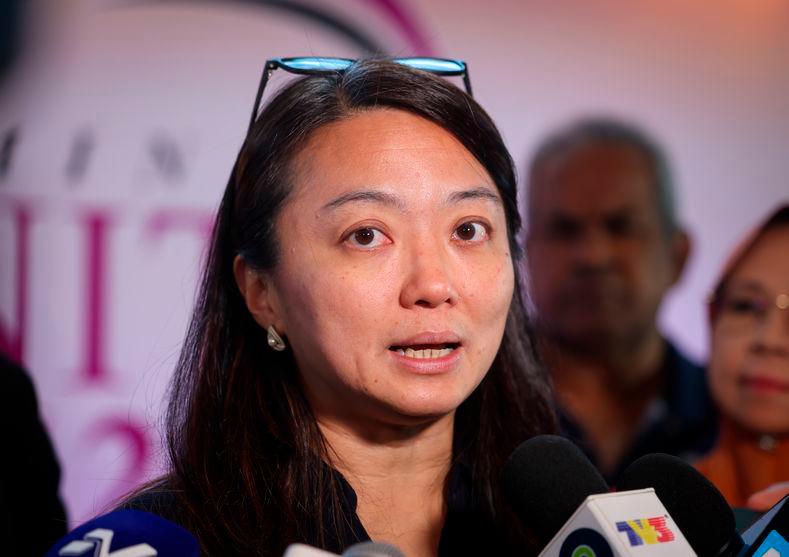KUALA LUMPUR: Youth and Sports Minister Hannah Yeoh expects Malaysia to lose 16 medals after some of the country’s medal potential sports were dropped from the 2026 Commonwealth Games in Scotland from July 23-Aug 3.
She, however, said Malaysia still had other events that could be focused on to strike gold at the quadrennial Games.
She added that Malaysia respects the organiser’s decision to pick whichever sports it wanted to be contested at the prestigious multi-sports Games.
“After yesterday’s announcement, a preliminary forecast shows that Malaysia will lose 16 medals from the dropped sports. But we respect (the organiser’s decision). This is the prerogative of the organiser, every organiser is given the flexibility to choose the sports.
“But we have sports with potential (of winning medals) like weightlifting and lawn bowls, so we do have the advantage,” she told a media conference at the launch of the 2024 ISNext Programme at the National Sports Institute (NSI) here today.
Yesterday, the Commonwealth Sports Federation (CGF) confirmed Glasgow as the host city of the 2026 Commonwealth Games after Malaysia rejected the offer to replace the Australian state of Victoria, which was the original host.
However, only 10 sports will be contested across four venues within a 12.8-kilometre radius, compared with 19 sports during the 2022 edition in Birmingham, England. About 3,000 athletes from 74 Commonwealth countries and territories are set to compete in the 2026 Commonwealth Games.
The sports listed for the 2026 Commonwealth Games are athletics and para-athletics; swimming and para-swimming; artistic gymnastics; track cycling and para track cycling; netball, weightlifting and para powerlifting; boxing, judo, lawn bowls and para lawn bowls; as well as 3x3 basketball and 3x3 wheelchair basketball.
Diving, archery, badminton, T20 cricket, hockey, rowing, rugby Sevens and squash are among the sports that won’t be contested in the 2026 edition.
Hannah today officiated the launch of the National Sports Institute (NSI)-organised 2024 ISNext programme, which is a strategic collaboration to provide service, research and expertise centres at the state and regional levels.
“For example, when we have a satellite centre in collaboration with universities in Sabah, injured athletes there need not travel here (to Kuala Lumpur) to seek treatment and this is not just for national athletes but also state athletes.
“Through such collaborations, they can get sports services. Our aim is not to waste money by establishing headquarters all over the place, not when we already have the expertise in local universities,” she said.









